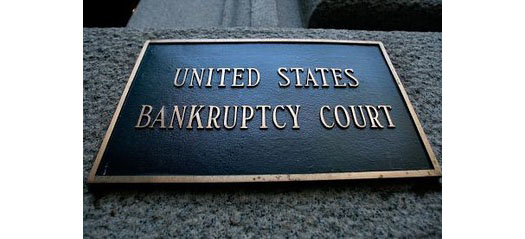One of the bedrock requirements of bankruptcy law is that any debtor filing for relief must make a complete and accurate disclosure of their financial affairs at the time of filing bankruptcy. This applies both to information provided on the required schedules and documents filed in a bankruptcy case and to answers to questions asked by the trustee assigned to a bankruptcy case.
Serious consequences of non-disclosure include the bankruptcy court refusing to enter an order discharging the debts, or even the setting aside of a discharge order that has been previously entered. Given that the discharge of debts is the primary purpose of seeking bankruptcy relief, such an outcome makes the time and expense of filing bankruptcy a pointless waste.
Other negative consequences of failing to honestly and completely disclose information can include a criminal referral to the U.S. Attorney and FBI. Criminal prosecutions for fraud or perjury can result from filing bankruptcy.
On a fundamental level, each debtor must disclose all debts and assets and answer specific questions regarding their financial history. Of special interest are transactions leading up to filing bankruptcy, including the sale of an asset, unusual gifts, the trade or other transfer of an asset, payments to insiders, payments beyond the normal course of business to other creditors, information about business interests, the closing of accounts, and more.
It is also important to disclose the assets of another person when the debtor has custody or control of that asset at the time of filing bankruptcy. Such disclosure protects the interests of the true owner and avoids confusion about whether an asset is part of the bankruptcy case. This may include appliances owned by a landlord, furniture or other items being rented by the debtor or belongings of friends or family being stored or borrowed by the debtors.
Honest mistakes, innocent errors or unintentional omissions can be corrected at any time by amending one’s bankruptcy schedules, or by providing corrected or omitted documents and information to a trustee. Obviously, the quicker such a problem is cured the better.
Be Honest When Filing Bankruptcy
In the end, honesty is the best policy. There are many legitimate ways to deal with concerns about assets being at risk or pre-bankruptcy transactions that may have consequences when filing bankruptcy. Your attorney cannot give you proper advice on these matters if you fail to disclose your financial information honestly and completely. What is more, the potential consequences of non-disclosure are just too great to do anything but make a full and honest disclosure of all required information.

